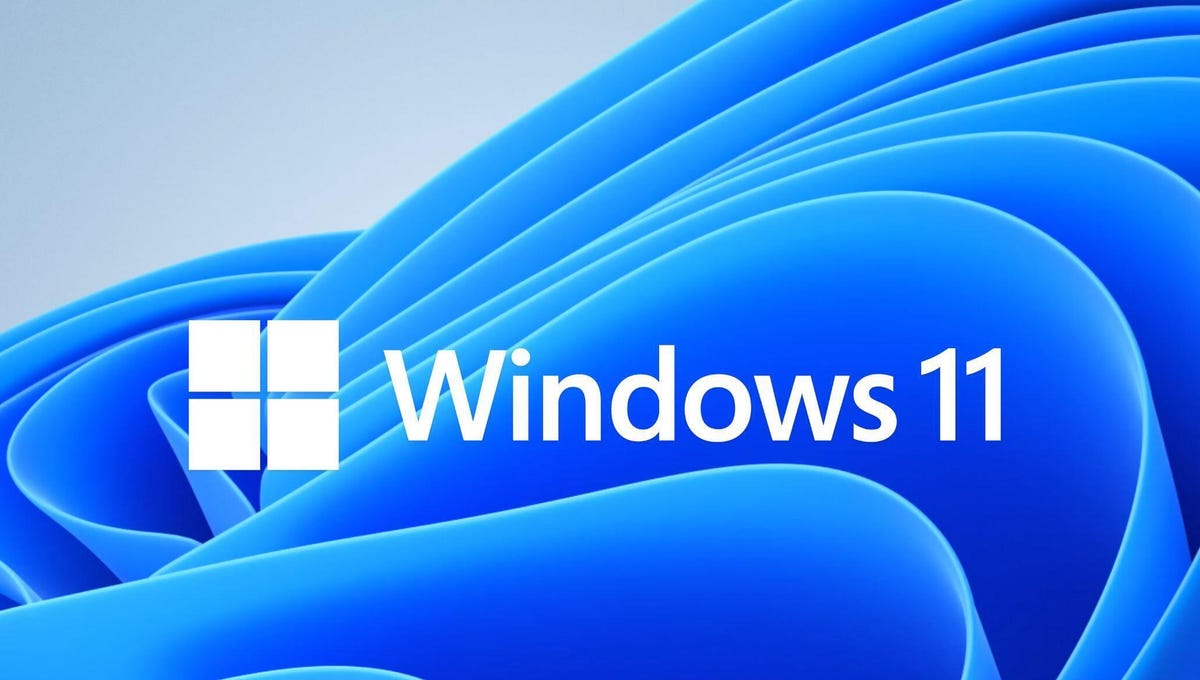Microsoft Leaves A Loophole For Those Wanting To Run Windows 11 On 'unsupported' Hardware

Microsoft announced today, August 27, that its original guidance on which PCs will be able to run Windows 11 largely stands as announced back in June. The company has added a couple of new CPUs/PCs to its list of supported hardware, but many running 7th Gen Intel Core CPUs and first-generation AMD Zen CPUs didn't make Microsoft's cut -- for reasons my ZDNet colleague Ed Bott explains here.
But there may be a way for those who really, really want to run Windows 11 on "older" machines not on Microsoft's list. Enthusiasts and tech-savvy folks who want to manually upgrade a PC to Windows 11 by either keeping it in the Windows Insider program or by manually creating Windows 11 installation media using the Media Creation Tool will be able to do this and run the "final" version of Windows 11 on their PCs.
Microsoft didn't announce this officially in today's blog post announcing its latest pronouncements on hardware requirements for Windows 11. As my Windows Weekly colleague Paul Thurrott put it, this concession is similar to the way that Microsoft has continued to allow Windows 7 or newer product keys to install and activate Windows 10. If you know, you know and you can do this.
Of course, Microsoft is NOT advising people to install Windows 11 on unsupported hardware. They (and their OEM partners) want people to buy new PCs that will work with Windows 11, not to continue to use older PCs to run it. But if you have TPM 1.2 enabled, 64 GB minimum of storage, 4 GB of RAM and a dual-core CPU, minimum, you will be able to proceed with the installation of Windows 11, though you'll be notified that your upgraded device will be in an unsupported state.
I've asked Microsoft to clarify what constitutes an "unsupported state." Does this mean no security updates ever? Anything else? So far, no response.
Update (August 28): An "unsupported state," in this case, means your PC won't be entitled to receive updates via Windows Update. These may (or may not) include security and driver updates. As a result, your PC may encounter compatibility issues and become unusable, may experience issues that Microsoft support won't be able to help resolve, and may not be covered by warranty.
Microsoft is releasing a new and (hopefully) improved version of its PC Health Check app that is designed to let users know if their current devices will be able to run Windows 11. This app will be tested first by Windows Insiders starting today and later roll out to all users. Microsoft also announced today, August 27, a new Windows 11 Insider preview build -- No. 22000.168 -- for those in both the Dev and Beta channels.
How Fintech Is Revolutionizing Traditional Banking
How fintech is revolutionizing traditional banking is a topic that is garnering positive and immense discourse within th... Read more
Blockchain And Its Impact On Fintech Industry
Blockchain and its impact on Fintech Industry has become a hot topic in the current digital era. The amalgamation of blo... Read more
The Rise Of Fintech In The Digital Era
In the heart of the digital revolution, we've observed a term termed as "fintech" creating a substantial and transformat... Read more
Role Of Fintech In Transforming Retail Banking
The role of fintech in transforming retail banking is producing significant changes in the financial services industry. ... Read more
Fintech Innovations In Asset Management
Financial technology, or FinTech, refers to the blending of financial services with technology. The importance of FinTec... Read more
Exploring The Future Of Accounting Software: Unveiling The Power Of AI
The revolutionary ignition sparked by artificial intelligence (AI) cannot be understated in contemporary business ecosys... Read more

